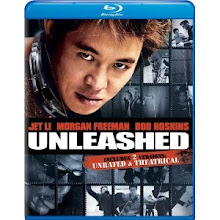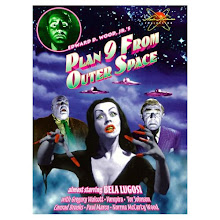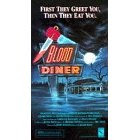by Jason Pyles
In Episode 4 of the Considering the Sequels podcast, we discussed modern film criticism with film critic Missy Thompson. At about the 25-minute mark, we talked about how innovative trailblazing is still possible in such an art as young as film criticism. We noted, as an example, the designation of the term “mumblecore” to describe the American independent film movement characterized by low-budget production values, generously improvisational scripts, naturalistic acting, lighting, etc. That term isn’t overly self-evident, but it does the job.
However, in our zeal to describe the cinema, we film writers sometimes settle upon coined terms that are incorrect, such as adding the pseudo-suffix “porn” to an adjective to describe a genre or sub-genre. As far as I know, this began with the phrase “torture porn,” which is most commonly meant to describe a film that’s replete with graphic torture scenes. Usually the usage of “torture porn” has nothing to do with explicit depictions of sexual behavior or organs. In this sense, the pseudo-suffix “porn” is intended to convey a gratuitous, graphic abundance of whatever adjective precedes it.
Another example I’ve heard is “disaster porn.” I’ve heard this used more than once to describe Roland Emmerich’s “2012,” for instance.
But as I’ve suggested above, there’s a problem. This practice is technically incorrect and should therefore be scrubbed from usage. It is incorrect because the official definition of the word “pornography” has a sexual affiliation. Here is the definition my iMac, desktop dictionary gives for pornography:
“Printed or visual material containing the explicit description or display of sexual organs or activity, intended to stimulate erotic rather than aesthetic or emotional feelings.”
Ergo, “porn” is not a suitable synonym to be substituted for the phrase “gratuitous, graphic abundance.” No, the words “porn” or “pornography” are rooted in sexually explicit material.
Now, unfortunately, there are instances (so I’ve heard) where “torture porn” is exactly the correct phrase because it describes explicit sexual depictions — in conjunction with — physical torture. In this case, the phrase is acceptable, even though its manifestation isn’t.
So, in the spirit of advancing film criticism, what do I suggest to replace this imprecise phrase? I don’t know ... but what’s wrong with “torture flick” or “disaster flick”? It has always worked fine for “porno flick” or “chick flick."
Oct. 6 Addendum: It has been brought to my attention by The /Filmcast, as I feared it might, that there are some dictionaries that define pornography in the sense that I'm complaining about above (though, my up-to-date dictionaries do not), which would suggest a fatal blow to my argument. However, I still stand by my assertion that this usage is problematic, and therefore unusable, purely for its ambiguity: Pornography is universally understood to be sexual in nature. So, while I guess I can concede that there are flimsy grounds for this sort of usage, my personal, future film writing will not contain this phrase. Note: My exception found here was purposely intended as a segue to this article.




































































